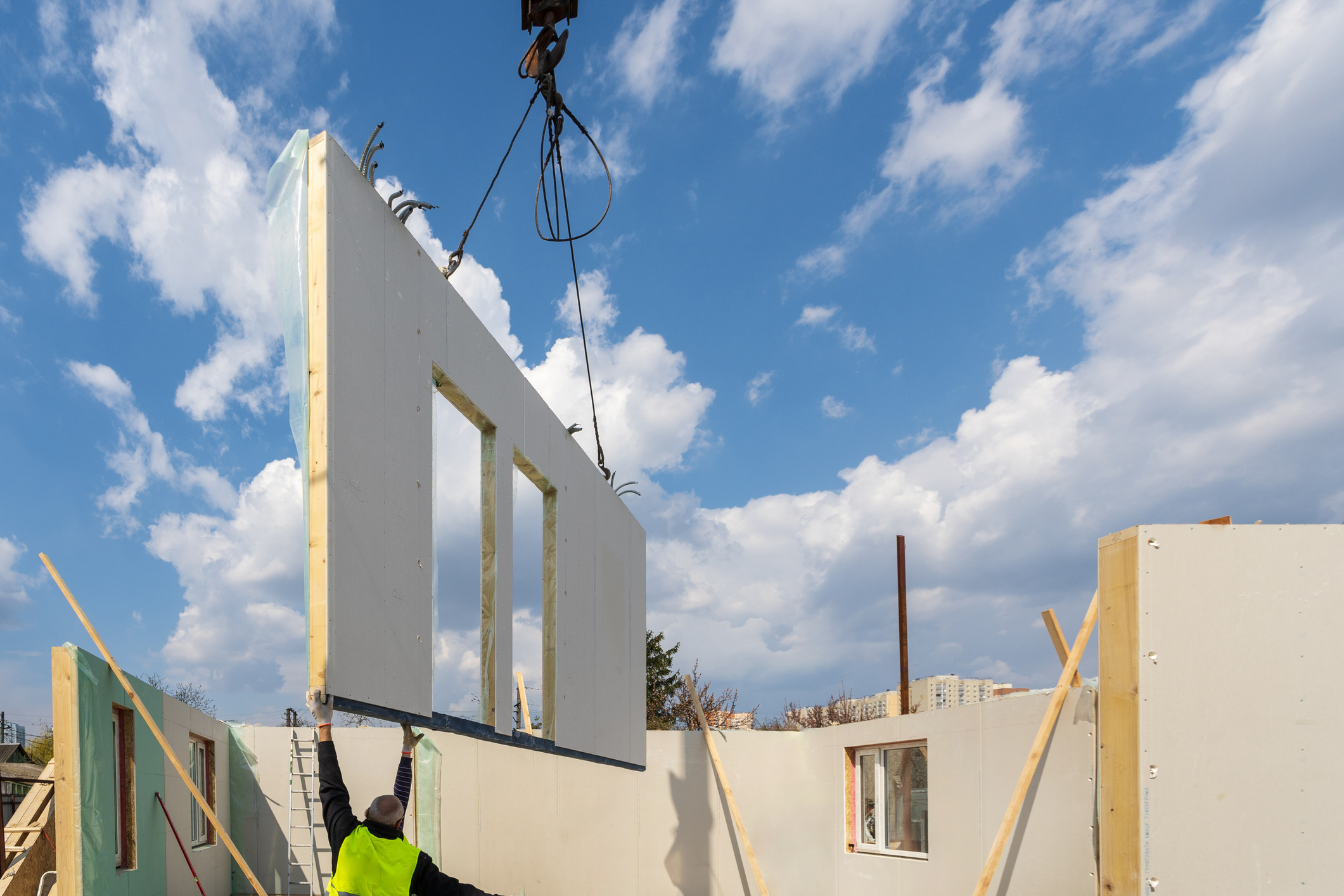As a real estate investor, you’re putting the money you spend into properties to work for you. And while earnings are important, you’re probably also looking for the lowest upfront cost possible to help keep overhead down.
For investors searching for low startup prices, manufactured homes can look like an attractive option. In fact, these prefabricated “mobile” homes (which often don’t actually go anywhere) are increasing in both sales and occupancy.
But are modular homes actually a worthy investment that can perform well over time? Or will they leave you disappointed in the long run?
Why the market is heating up
Although annual shipments of manufactured houses only rose 3.9% in 2018, gains were in the double digits in both 2017 and 2016. And the modular homes market is expected to continue to grow over the next five years, seeing an increase of approximately 15% overall by 2024.
Manufactured homes have been on the market for decades. So why the sudden fervor for this type of alternative housing?
The most obvious answer is price, particularly at a time when “affordable housing” are words that don’t tend to team up too often.
The average price of a new single-family home sold in the U.S. during the same month, on the other hand, was $385,400 — and even condos in mid-sized cities can run more than $100,000. Yet, the average cost of a manufactured home is just $70,600.
For investors looking to purchase vacation rental properties, those numbers could look like dollar signs. In the right location, a modern, well-appointed, single-wide mobile home might earn similar nightly rates to a foundation-built house.
But for those hoping to cash in on appreciation, the traditional real estate investment tactic, manufactured homes may be a major disappointment. Opting for a single-wide over a single-family home may cost you hundreds of thousands of dollars in the lost opportunity for growth over the course of about a decade.
Pros and cons to investing in the modular home market
Not every investor has the same goals. Here are the drawbacks and benefits of modular homes to help you determine whether or not they might help you meet yours.
Pros
- Low upfront cost and mortgage payment. With the average price of a modular home at less than half that of a new single-family structure — and mortgage rates as low as $300 or so per month — modular homes certainly seem more affordable in the short term, that is, if you have the land to put them on. (More on that in just a moment!)
- Increased development and technology means modular homes are often really nice these days. Buyers can choose from a wide variety of luxurious floor plans, as well as a catalog of design options, and new mobile homes are created with fire and weather safety in mind.
- High demand. The modular home market is on the rise, and lower prices are just as attractive to occupants as they are investors.
Cons
- Less growth potential. Although manufactured homes may be cheaper upfront, they often fail to appreciate in value the way a traditional, brick-and-mortar home does. Research indicates that the value of a single-family house can grow enough in 13 years’ time to more than double the “savings” an investor would see by opting for a modular home instead.
- Increased insurance costs. Even with improved technology, some insurance companies may charge higher rates for modular homes as opposed to foundation-built homes, thanks to their reputation for weaker infrastructure and greater susceptibility to fire damage.
- Cost of land purchase or rental. While single-family homes are sold with the land they sit on, manufactured homes are sold a la carte. So when comparing overall costs, you have to include the expense of securing land to put the home on!
Is it right for you?
As with just about every financial decision, only you can decide whether or not a modular home is the right investment for your needs. If you’re hoping to create a thriving Airbnb business, for instance, the low upfront cost might be a great incentive — especially if you already own undeveloped land.
On the other hand, if you’re for the long-term earnings often seen by those who invest in traditional real estate, modular homes might be exactly the wrong move. Given the growth potential you’re missing out on, you’d probably be better off just waiting until you can afford a brick-and-mortar house.
And in any case, be sure you take the hidden costs into consideration before you pull the trigger. Given the increased insurance and land-associated expenses, a modular home actually isn’t that much less expensive in the short term — and in the long term, it might just be a straight-up loss.


Comments(0)